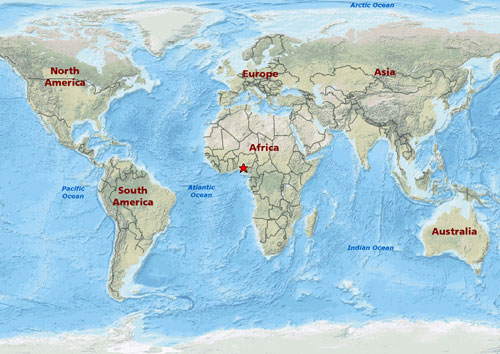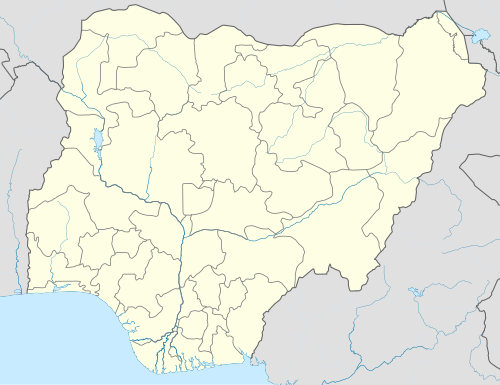Eri, son of Gad, is a legendary figure in Igbo history. He is said to be the founder of the Igbo people, and his descendants are believed to have spread throughout Igboland.
Eri's story is told in various oral traditions, but there are some common elements. According to these traditions, Eri was a high priest who lived in Egypt during the reign of Joseph. When he foresaw that the Israelites would be enslaved by the Egyptians, he fled Egypt with a group of followers. They traveled through Sudan and down the Niger River, eventually settling in the area that is now known as Aguleri, in Anambra State, Nigeria.
In Aguleri, Eri established a new community. He taught his people how to farm, how to build homes, and how to worship Chukwu, the Supreme Being. He also founded the Nri dynasty, which was a powerful religious and political force in Igboland for centuries.
Eri's story is a foundational myth for the Igbo people. It tells of their origins, their migration to Igboland, and the establishment of their culture and religion. It also provides a sense of identity and belonging for the Igbo people, who are a diverse and widespread group.
Here are some of the key events in Eri's story:
- He was born in Egypt to Gad, one of the sons of Jacob.
- He was a high priest in Egypt during the reign of Joseph.
- He fled Egypt with a group of followers when he foresaw that the Israelites would be enslaved.
- He settled in Aguleri, in Anambra State, Nigeria.
- He founded the Nri dynasty.
- He taught his people how to farm, how to build homes, and how to worship Chukwu.
- He died in Aguleri.
Eri's story is a fascinating and important part of Igbo history. It is a story of migration, settlement, and the establishment of a new culture. It is also a story of religious and political power. Eri's legacy continues to be felt today, and his story is an important part of the identity of the Igbo people.







Comments
Post a Comment